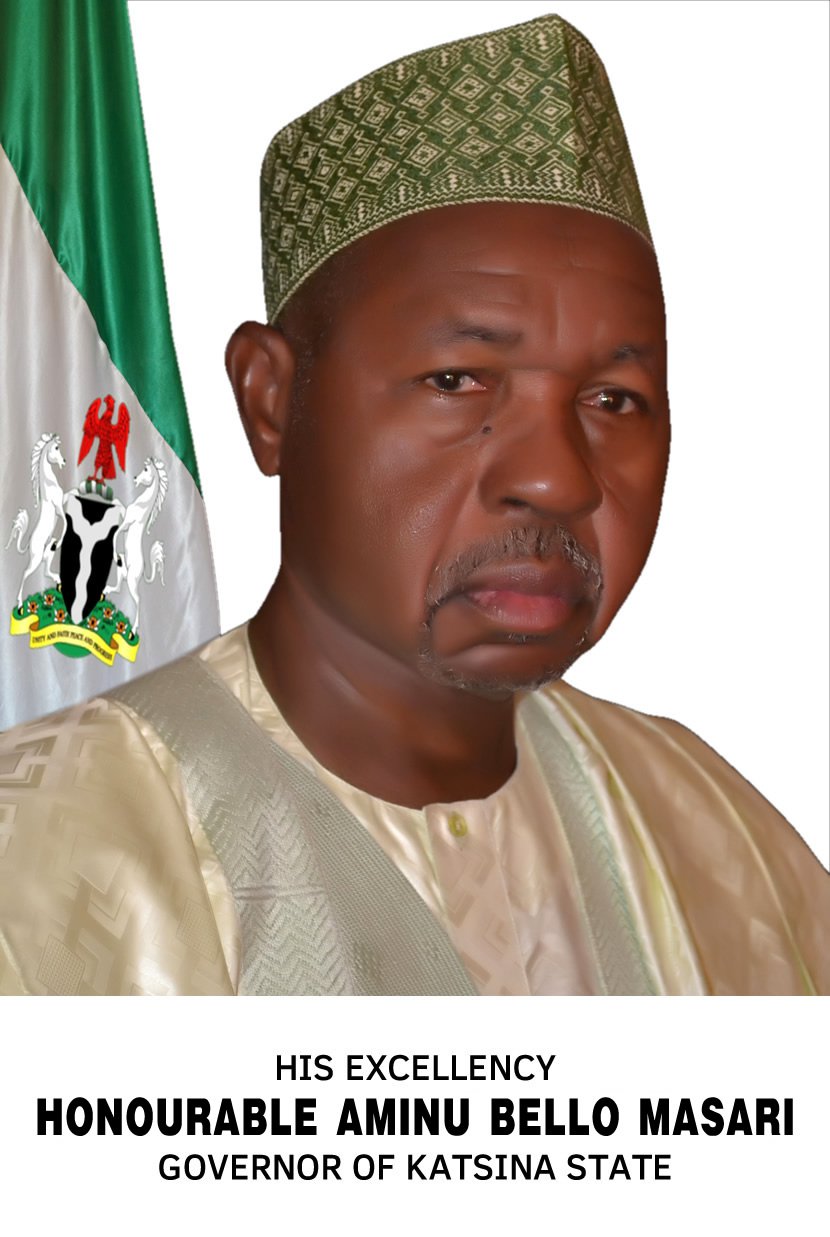
The Katsina State Government on Saturday reacted to the reported decline in the rate of water borne diseases in the state, attributing the development to improved health care responses from government agencies like Rural Water Supply and Sanitation Agencies (RUWASSA), and the massive deployment of health monitors in the rural communities
The Permanent Secretary of the State Ministry of Health, Dr Kabir Mustapha, told The Nation during an exclusive interview that the multi-sectoral approach also undertaken by the state government in addressing emerging health care challenges in the state, including focusing on improved environment, ensuring clean water supply and rural sanitation also contributed to the success story
He said: “water is key, about 90% of activities at the rural areas revolve around water supply, as clean water supply ensures hygiene through hand washing and other health activities.
‘’Also the introduction of health education in schools, advocacy campaigns and lots of sensitization on community health activities contributed in creating the needed awareness and result’’
‘’Again government’s direct, purposeful and proactive approach, like the appointment of Disease Notification Officers who swung into action also contributed in ensuring timely intervention and reduction of the prevalence of the diseases
Read Also: Kastina flood: 2000 benefit from Air Force medical treatment
Recall also that an investigation by The Nation on 26 out of 34 local Government areas of Katsina State revealed a massive decline in cases of water related or water borne diseases in the rural communities, thanks to the improved tempo of activities by the state owned Rural Water Supply and Sanitation Agency, RUWASA
Alhaji Ahmed Sani, a Community Health Extension Worker and Officer in Charge of Maternity and Child Health Clinic, Kakarku village in Sandamu Local Government Area told The Nation exclusively, that there is a noticeable decline in reported cases of water borne diseases due to improved water distribution and sanitation as well as healthy environment as experienced in the schools and the rural communities
He said: “diseases like diarrhea for instance, between 2016 t0 2019 have reduced considerably from 572 cases to 189, Typhoid from 336 to 63, Cholera from 557 to 89’’.
“The same decline is also experienced in other diseases like dysentery, rashes, gastro entreaties, pneumonia, and so on. All through most of our rural areas, the activities of the agency have brought about cleaner environment and an improved health care’’
Executive Director of RUWASSA, Engineer Aminu Dayyabu Safana said the availability of water especially in the rural areas is having a serious positive impact on the lives of people in different ways.
He said: “provision of water is necessary and it must be clean, purified and free from any contamination to make it safe for drinking and other domestic purposes.’’
You may be interested

PSG To Reignite Interest In Osimhen
Webby - December 21, 2024Paris Saint-Germain have contacted Napoli to discuss signing Victor Osimhen in January, according to reports in France.It is reported that…

Arteta Provides Injury Updates On Five Arsenal Players Ahead Palace Clash
Webby - December 20, 2024Arsenal manager Mikel Arteta has revealed that Declan Rice and Riccardo Calafiori are both available to be in the Gunners…

Carabao Cup: Spurs Edge Man United In Seven-Goal Thriller To Reach Semi-finals
Webby - December 19, 2024Tottenham Hotspur edged Manchester United 4-3 in the quarter-finals of the Carabao Cup on Thursday.Spurs raced to a 3-0 lead…

















![American Pastor, David Wilson Seen Eating The Box Of Woman Who Isn’t His Wife [Video]](https://onlinenigeria.com/wp-content/uploads/2019/10/american-pastor-david-wilson-seen-eating-the-box-of-woman-who-isnt-his-wife-video-150x150.jpg)









